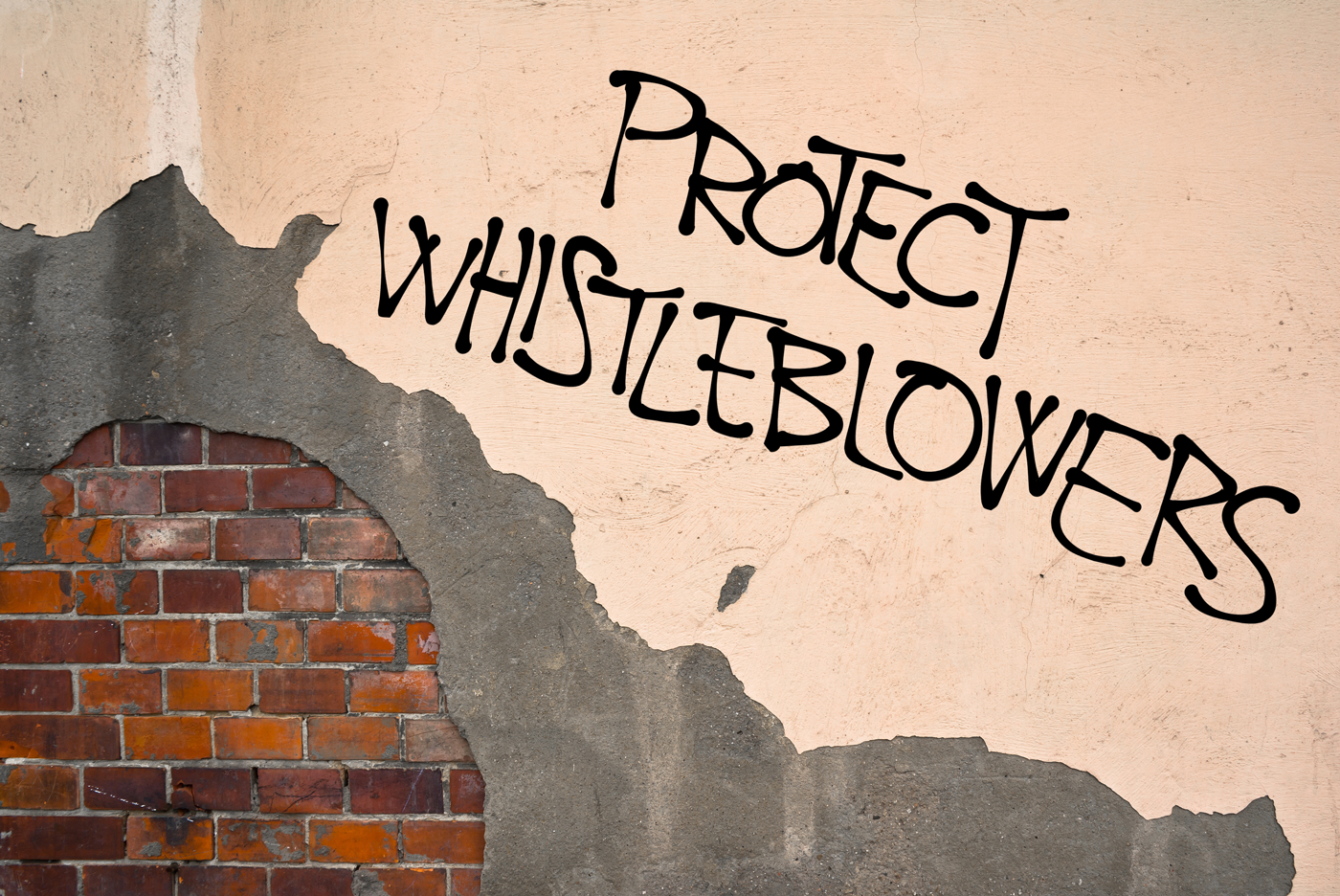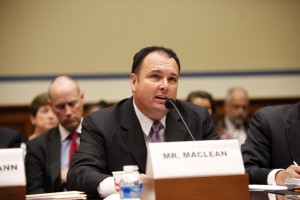See U.S. ex rel. Cooley v. ERMI, LLC, et al., C.A. No. 1:20-CV-4181-TWT, 2024 WL 815514, at *1 (N.D. Ga. Feb. 27, 2024)
A recent court ruling has allowed a medical equipment supplier to maintain counterclaims against a former employee who blew the whistle on the company for fraudulent activity. The employee claimed that the supplier provided medical equipment without a valid license. She also alleged that her employer had retaliated against her by stopping her from bringing the company into compliance and by subsequently forcing her out when she threatened to bring an False Claims Act (FCA) suit. The supplier denied these claims and filed counterclaims of its own. These counterclaims alleged that the employee breached her contract and fiduciary duties, and that she misled the company into thinking that a license renewal was forthcoming.
In February 2024, the Court made a decision to uphold the defendant’s counterclaims. The Court clarified that counterclaims for causes of action that are different from the FCA could proceed, even if they came from the same underlying facts as the FCA action. In this case, the Relator’s FCA claim and Defendant’s counterclaims both involved operating without a valid license.
The Court allowed Defendant’s breach of contract counterclaim for the time being. It reasoned that it was too early in the litigation to determine whether Relator fell within the confidentiality agreement’s safe harbor. This safe harbor allows the disclosure of confidential information to a regulator concerning conduct that an employee reasonably believes is illegal or in material noncompliance with applicable laws. If it turns out that Relator retained confidential documents only to support her FCA claim, then this counterclaim could be dismissed on public policy grounds.
The Court agreed with Defendant that Relator’s role in allowing Defendant’s Florida license to expire and misleading it into thinking a renewal was forthcoming was unrelated to the underlying FCA claims. The competitor’s lawsuit against Defendant was brought under the Florida Deceptive and Unfair Trade Practices Act, not the FCA. Therefore, that claim constituted independent damages that did not offset FCA liability.
The Court upheld Defendant’s breach of fiduciary duty claims, as they were not violative of public policy. The Court determined that there was a clear distinction between the facts supporting liability for each claim, even though both the Relator’s FCA claim and Defendant’s counterclaims involved operating without a valid license. The Court held that overlap is what makes Defendant’s counterclaims compulsory.
The court allowed the supplier’s breach of contract counterclaim to proceed for the time being, stating that it was too early in the litigation to determine whether the employee’s actions fell within the confidentiality agreement’s safe harbor provision. If it is later determined that the employee retained confidential documents only to support her fraudulent activity claim, then the counterclaim could be dismissed on public policy grounds.
This ruling provides a roadmap for companies facing fraudulent activity claims to pursue remedies against whistleblowers, even if these counterclaims stem from the same underlying facts as the fraudulent activity claim. Companies should evaluate potential injuries imposed by the whistleblower’s actions during and after their tenure, and determine whether counterclaims may be appropriate.







